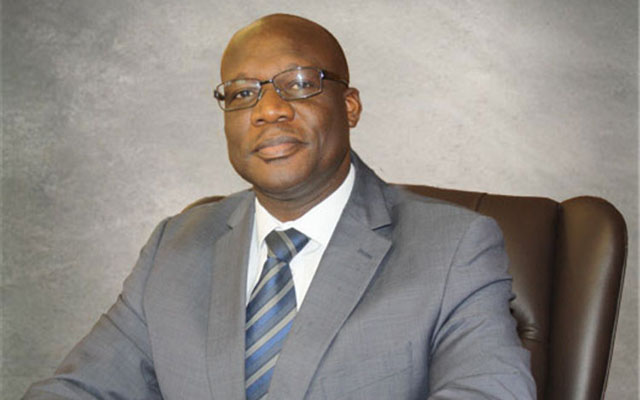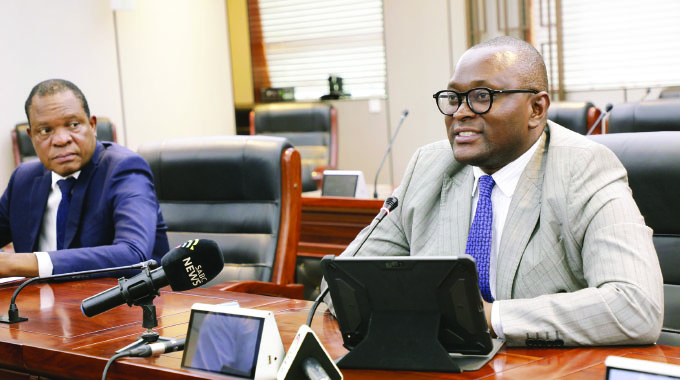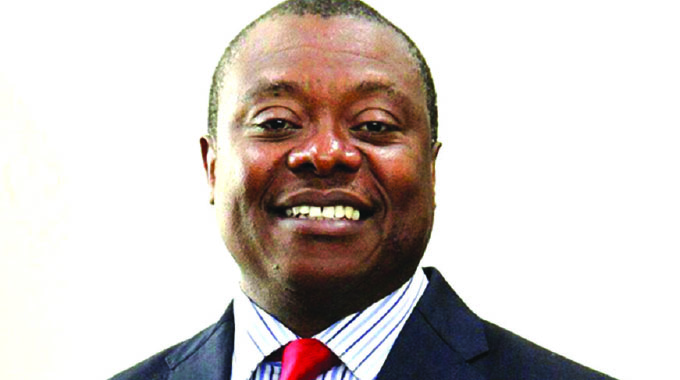avails $7,6m for essential drugs

Paidamoyo Chipunza Senior Health Reporter
Government has released $7,6 million to the Health Development Fund (HDF) for the purchase of essential medicines and health equipment. The money, which is part of proceeds from the Health Levy, is expected to complement other financial contributions already done by development partners towards the pool of funding for health.
The recently introduced Health Levy is funded through a five percent duty charged on every $1 worth of airtime, which is ring-fenced for drugs and equipment. The HDF is a multi-donor-pooled funding mechanism established to revitalise health services and reduce maternal and child mortality.
Managed by UNICEF, the HDF has been the primary means through which donors have channelled their financial contributions to Zimbabwe’s health sector.Health and Child Care Permanent secretary Dr Gerald Gwinji said Government’s contribution towards HDF was a show of its commitment towards working with development partners in addressing key health challenges in the country.
“As Government of Zimbabwe, we appreciate the continued support and contribution that development partners have made to the health sector through the HDF,” he said.
“They have asked us as Government to support this commitment by also investing appropriately into the health services provision.” Dr Gwinji said Government would take advantage of the United Nations Children’s Fund’s (UNICEF) procurement systems to maximise on purchases.
“Here, we take advantage of UNICEF’s procurement mechanism and economies of scale to utilise part of the Health Levy to purchase essential drugs and medicines,” said Dr Gwinji.
In addition to this funding, Government has also met its 2017 co-financing obligation of $600 000 to GAVI (Global Alliance for Vaccines and Immunisations) to improve the availability of vaccines through 2018, again a big shot in the arm for the Zimbabwe Expanded Programme on Immunisation (ZEPI), which aims to drastically reduce vaccine preventable diseases such as pneumonia, diarrhoea and measles in children under the age of five years.
UNICEF will use its procurement systems to efficiently purchase the products, while ensuring value-for-money and taking advantage of economies of scale and distribution will be done through the National Pharmaceutical Company.
“We share the Government’s commitment to providing every Zimbabwean, especially women and children, with access to the highest quality of healthcare possible,” acting UNICEF representative Dr Jane Muita said.
“To this end, we will do everything possible to ensure that the medicines and equipment reach health facilities in the shortest possible time.”
Key contributors to the fund include governments of the United Kingdom ($68,4 million), the European Union ($62,7 million), Sweden ($20 million), the Global Vaccine Alliance ($ 14,2 million) and Ireland ($4 million).






Comments